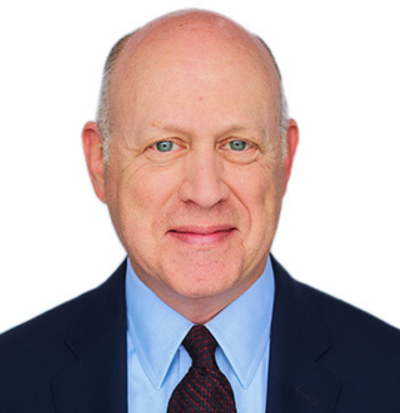On May 9, the Supreme Court held, in a 6-3 decision authored by Justice Kagan, that a copyright infringement plaintiff may recover damages that occurred far more than three years before a lawsuit’s filing.
The Copyright Act provides a three-year statute of limitations from the date the infringement “accrued.” Under the so-called “discovery rule,” a claim accrues when “the plaintiff discovers, or with due diligence should have discovered,” the infringing act. While claims for infringements occurring beyond three years from the date of filing may be timely under the discovery rule, in the Second Circuit a plaintiff could only recover monetary damages for the three years prior to the filing of the action. The Ninth Circuit found no such time-bar on recovery, allowing plaintiffs to recover all their damages.
The issue came before the Supreme Court in a suit brought by an individual, Sherman Nealy, who alleged that Warner Chappell licensed his songs without authorization for use in recordings by Flo Rida, the Black Eyed Peas, Kid Sister, and others. Nealy filed his suit in 2018 claiming the infringing activity commenced in 2008 but that he only learned of it in 2016. The Florida district court agreed with the Second Circuit, finding Nealy could bring the claim under the discovery rule but could only recover damages for the three years preceding his filing. The Eleventh Circuit reversed, siding with the Ninth Circuit. The Supreme Court granted certiorari on Warner Chappell’s appeal to resolve the circuit split.
The majority found that the Copyright Act contains no textual support for the three-year damages bar. And it reasoned that the bar, practically speaking, undid the discovery rule by allowing the action but taking away much of the impetus to bring it. Further, the Court noted that its prior decision in Petrella v. Metro-Goldwyn-Mayer, Inc., 572 U.S. 663, 670 (2014), relied upon by the Second Circuit to support the damages cap,stated that the Copyright Act’s statute of limitations allows plaintiffs “to gain retrospective relief running only three years back from” the filing of a suit was limited to cases in which the plaintiff sat on its rights and thus lost the ability to take action against infringements more than three years old. Nealy did not sit on his rights and thus, the Court concluded, was not limited in how many years’ worth of damages he could claim.
Critically, however, because neither party challenged the discovery rule below, the majority declined to rule on its validity, presuming it applied for purposes of reaching its decision. But the dissent, authored by Justice Gorsuch and joined by Justices Thomas and Alito, maintained: The Copyright Act “almost certainly does not tolerate a discovery rule. And that fact promises soon enough to make anything we might say today about the rule’s operational details a dead letter.” Gorsuch wrote: “Respectfully, rather than devote our time to this case, I would have dismissed it as improvidently granted and awaited another squarely presenting the question whether the Copyright Act authorizes the discovery rule.” The dissent closes with this: “Better, in my view, to answer a question that does matter than one that almost certainly does not.”
This strong suggestion that the Supreme Court stands poised to eliminate the discovery rule in this context would seem to loom large over copyright lawyers and their clients going forward. However, only days later, on May 20, the Court denied the petition for certiorari in Hearst Newspapers L.L.C., et al. v. Antonio Martinelli, No. 23-474 (Nov. 2, 2023), precisely the type of case Justice Gorsuch had in mind, namely a copyright infringement case that requested a review of the discovery rule. The Court provided no explanation for the denial.
Thus, the favorable ruling for copyright infringement plaintiffs articulated in Nealy stands—and is not dead letter at all. At least not yet.
Please reach out to your Fross Zelnick team to learn how we can help you navigate these developments. For regular updates and ongoing insights, follow us on LinkedIn.

















































